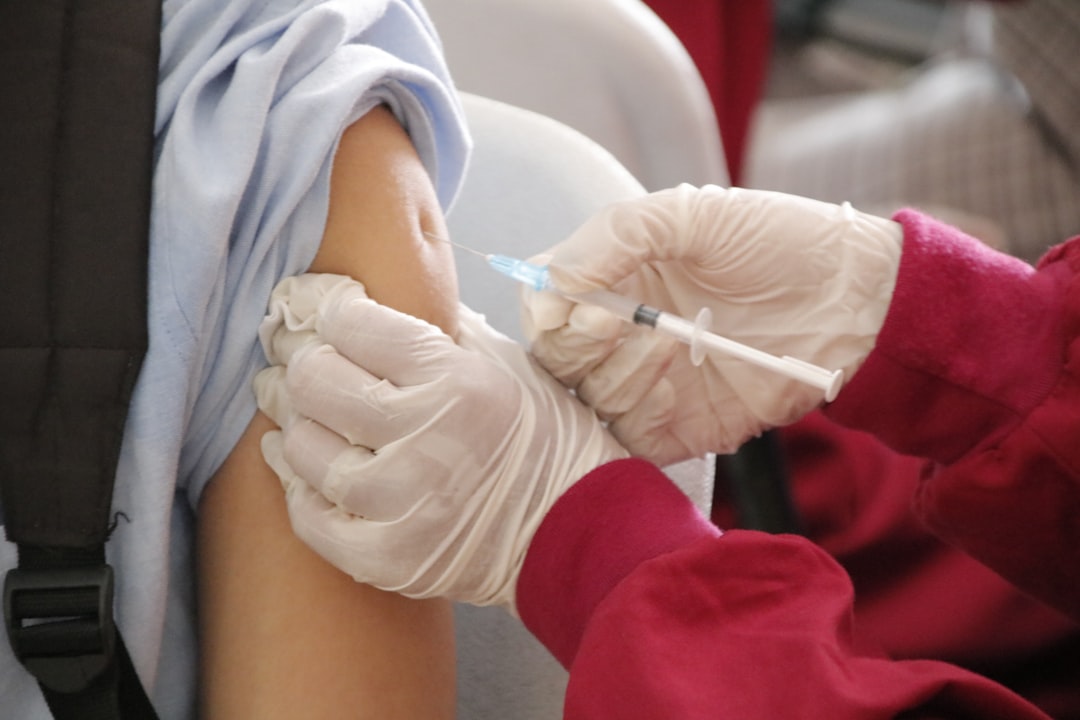What is it about?
Social synchronizers of morningness-eveningness, or chronotype, begin to change during the developmental transition from adolescence to college life. Evening chronotypes were more likely to report conflict with parents in junior high school and high school over going to bed and waking, followed by a shift to a later sleep/wake pattern in college. They also reported adjusting their schedules and using more coping strategies to accommodate their evening bias. Morning chronotypes, whose routines easily fit a conventional morning schedule, reported little change in schedules and sleep patterns from junior high school to college, and used fewer coping strategies in response to early morning commitments.
Featured Image
Why is it important?
The shift in social zeitgebers from junior high school to college are significant, and yet little research has examined the effect these changes can have on students' adjustment to college life and the role that chronotype plays in this process. Because students' ability to cope with these changes will ultimately influence how successful they are in their various endeavors, a greater understanding of how chronotype is related to adaptive functioning across this developmental period is needed.
Read the Original
This page is a summary of: Chronotype and the Transition to College Life, Chronobiology International, November 2011, Taylor & Francis,
DOI: 10.3109/07420528.2011.618959.
You can read the full text:
Resources
Contributors
The following have contributed to this page










